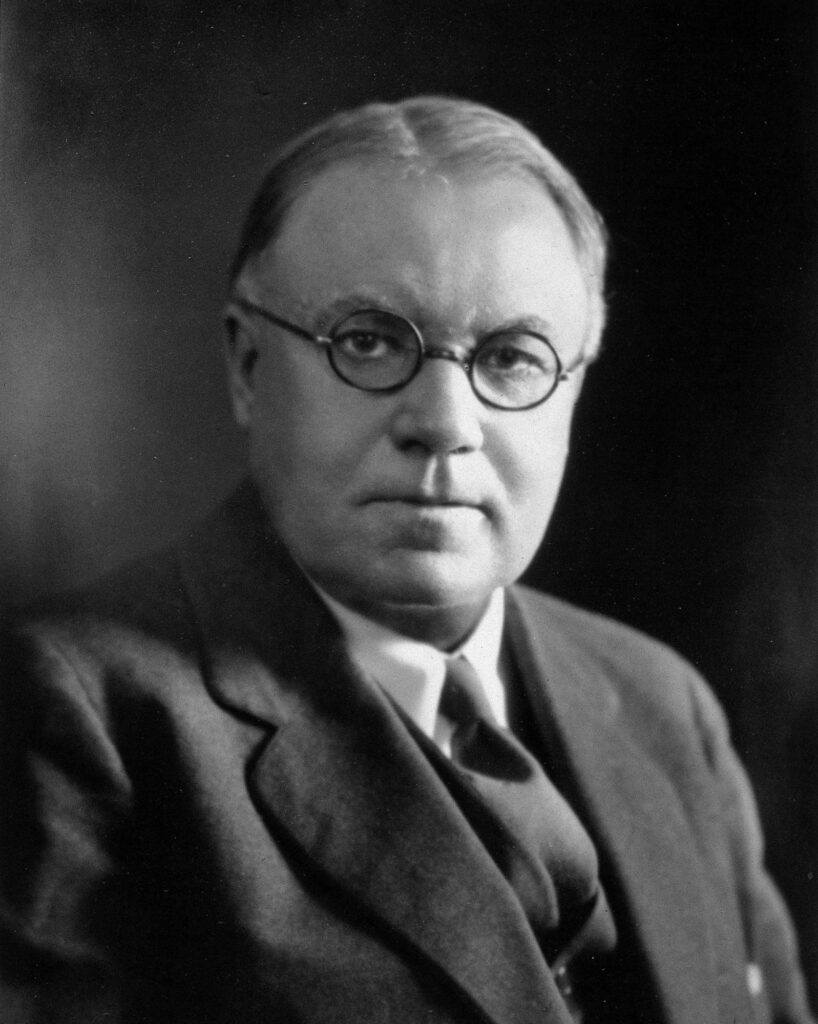In recent years, there has been a growing awareness of the link between mindset and overall health and wellness. While this idea may seem new to some, it is not a novel concept. In fact, the belief in the power of mindset dates back to ancient times.
Today, experts in the health and wellness field, including neurologists, psychologists, and healthcare practitioners, have a better understanding of how mindset impacts one’s ability to achieve their health and performance goals. As a NeuroChange Practitioner and Certified Functional Nutrition Counsellor, I firmly believe that a growth mindset can play a crucial role in reaching and maintaining optimal health, and that it’s not getting nearly the press it deserves.
Historically, mindset and its impact on health and wellness have been the subject of various philosophical and religious beliefs. In the early 20th century, researchers began to explore the connection between mindset and physical health. One of the earliest studies in this area (which you hear me speak on frequently) was conducted by psychologist Walter Cannon, who coined the term “fight or flight response.” Cannon’s research into hyperarousal revealed that the body’s physical response to stress is similar to its response to physical danger.
Fast forward to today, and the scientific community is continuously making new discoveries (as science should) on the power of mindset in health and wellness. Research has shown that a growth mindset, which is characterized by a belief in the ability to improve through effort, is linked to better health outcomes. Individuals who adopt a growth mindset are more likely to engage in healthy behaviors, experience less stress, and have better mental health.
In the healthcare industry, the idea of a growth mindset has fortunately gained momentum. Healthcare practitioners are recognizing the importance of mindset in helping their patients achieve optimal health. From the way medical doctors communicate with their patients to the treatments and interventions they prescribe, the focus is shifting towards a more holistic approach such as mine that takes into account the mind-body connection.
Having a bit of a unique positioning – given I practice as both a NeuroChange Practitioner and as a Certified Functional Nutrition Counsellor (at times together, and at times completely separate – depending on the environment in which I’ve been engaged), I also understand the role that mindset plays in achieving optimal health through nutrition. Adopting a growth mindset towards food and nutrition, as one example, can lead to better eating habits, a healthier relationship with food, and improved overall health.
Look, as I wrap this up, let me just encourage you to explore my thoughts on how the power of mindset in achieving health and performance goals cannot be underestimated. As we continue to learn more about how mindset impacts our physical and mental health, it is crucial to recognize its importance in achieving optimal health. Whether you are a healthcare practitioner, nutrition counsellor, or simply someone who wants to improve their overall well-being, adopting a growth mindset can help you achieve your goals. If you need help with it, or want to discuss it further, reach out.
Sources:
- Dweck, C. (2006). Mindset: The New Psychology of Success. New York, NY: Random House.
- Crum, A. J., & Langer, E. J. (2007). Mind-set matters: Exercise and the placebo effect. Psychological Science, 18(2), 165-171. doi: 10.1111/j.1467-9280.2007.01867.x
- Mosley, M., & Biggs, R. (2017). Neuroscience and Education: A Review of Educational Interventions and Approaches Informed by Neuroscience. Frontiers in Psychology, 8, 1076. doi: 10.3389/fpsyg.2017.01076
- Garland, E. L., Geschwind, N., Peeters, F., & Wichers, M. (2015). Mindfulness training promotes upward spirals of positive affect and cognition: Multilevel and autoregressive latent trajectory modeling analyses. Frontiers in Psychology, 6, 15. doi: 10.3389/fpsyg.2015.00015
- Black, D. S., & Slavich, G. M. (2016). Mindfulness meditation and the immune system: a systematic review of randomized controlled trials. Annals of the New York Academy of Sciences, 1373(1), 13-24. doi: 10.1111/nyas.12998
- Chrousos, G. P., & Gold, P. W. (1998). The concepts of stress and stress system disorders: Overview of physical and behavioral homeostasis. JAMA, 267(9), 1244-1252. doi: 10.1001/jama.1992.03480090092034
- Egan, S. J., Wade, T. D., & Shafran, R. (2016). Perfectionism as a transdiagnostic process: A clinical review. Clinical Psychology Review, 50, 37-49. doi: 10.1016/j.cpr.2016.09.003
- Seligman, M. E. P. (2011). Flourish: A Visionary New Understanding of Happiness and Well-being. New York, NY: Free Press.

